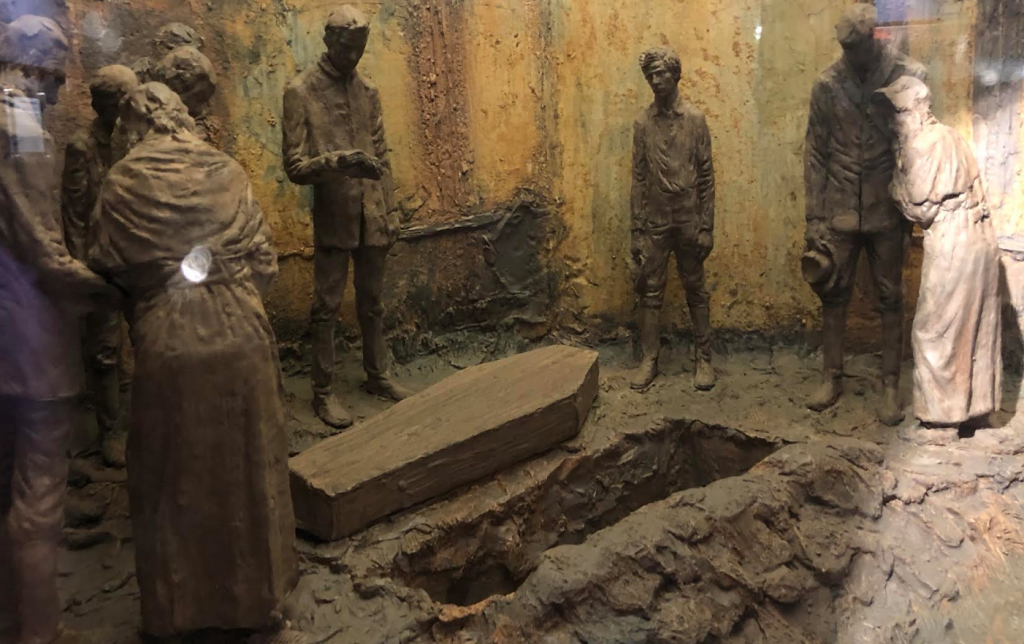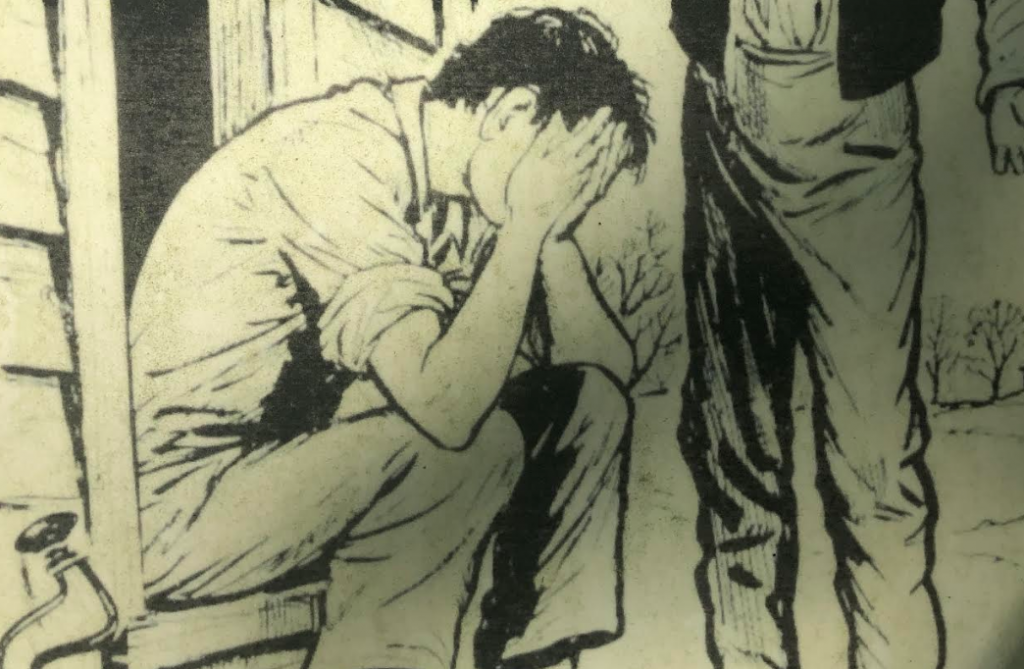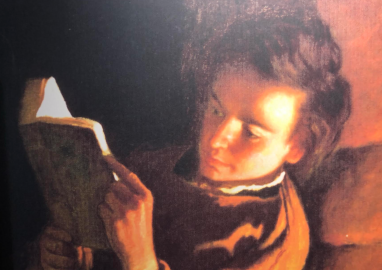Not much has been written regarding Abraham Lincoln’s days on the Indiana frontier, certainly not in comparison to his 24 years he spent in Springfield, Illinois or his time as President during the Civil War.
In fact, most historical scholars and biographers tend to blow right past his 14 years in southwestern Indiana, in favor of the meatier stuff in Illinois, often described as the “Land of Lincoln.” Maybe it’s because we can’t write about what we don’t know. And, outside of what his friends and neighbors said about him, often decades later, there just isn’t a lot of detail about his days in Indiana.
“It is a great piece of folly to attempt to make anything out of my early life,” Lincoln told his first biographer during the 1860 presidential campaign. “It can all be condensed into a single sentence…the short and simple annals of the poor.”
Yet, Lincoln spent the most formative years of his life — years 7 to 21 (1816-1830) — in Indiana. Whatever happened in the tiny settlement of Little Pigeon Creek made indelible marks on his mind and helped shape and define the man he would ultimately become.
His years in Indiana also introduced him to “melancholy” or depression as we know it today, of which he suffered all his life. It started when he was just 9 when his mother, Nancy Hanks Lincoln, died of the “Milk Sick” in 1818 on their Indiana farm.

“In this sad world of ours, sorrow comes to all; and, to the young, it comes with bitterest agony, because it takes them unawares.” A. Lincoln
After the death of his “angel mother,” his father Thomas traveled back to Kentucky in 1819 to look for a new bride, leaving young Abraham alone in the wilderness with a cousin (Dennis Hanks) and his older sister Sarah. Sarah, in many ways, became a mother figure to Lincoln, nurturing him and doing the best she could to take care of her little brother and herself. In their mother’s absence, Abraham and Sarah forged an unbreakable bond of love, trust and support.
Then in 1828, Sarah died in childbirth. Her stillborn baby was placed in her arms for burial at the Little Pigeon Creek Baptist Church. Lincoln grieved immeasurably. A neighbor described Lincoln’s reaction after getting the news.

“Abraham was out in our little smoke house doing a little carpenter work when Aaron, Sarah’s husband, came running up from his house and said that Sarah had just died. We went out and told Abe. I never will forget that scene. He sat down in the door of the smoke house and buried his face in his hands. The tears slowly trickled from between his bony fingers and his gaunt frame shook with sobs. We turned away.”
By 1830, the Lincolns left their Indiana home and moved to Illinois where Lincoln lived for nearly a quarter of a century, before departing for Washington D.C. to be the 16th President. But Lincoln did travel back to his boyhood home in Indiana one more time in 1844 while campaigning for presidential front-runner Henry Clay. Lincoln wrote a poem about the experience.
My childhood’s home I see again
And saddened with the view,
And still, as memory crowds my brain,
There’s pleasure in it too.
Nearly twenty years have passed away,
Since here I bid farewell.
To woods and fields, and scenes of play,
And playmates loved so well.
Where many were, but few remain,
Of old familiar things.
But seeing them, to mind again,
The lost and absent brings.
The friends I left that parting day,
Tho changed, as time has sped.
Young childhood grown, strong manhood gray,
And half of all are dead.
I hear the loved survivors tell,
How nought from death could save.
Till every sound appears a knell,
And every spot a grave.
I range the fields with pensive tread,
And pace the hollow rooms.
And feel (companion of the dead)
I’m living in the tombs.
The very spot where grew the bread,
That formed my bones I see.
How strange, old field, on thee to tread,
And feel I’m part of thee!
Lincoln may have left Indiana for good, but his melancholy followed him till the end. After he broke off his marriage to Mary Todd on January 1, 1841, he wrote, “I am now the most miserable man living. If what I feel were equally distributed to the whole human family, there would not be one cheerful face on the earth. Whether I shall ever be better I cannot tell; I awfully forebode I shall not. To remain as I am is impossible; I must die or be better, it appears to me.”
Don Radebaugh
Find the History Mystery Man on Facebook and YouTube.


Well written, Mr. Lincoln…..
Thanks Mr. Strange!